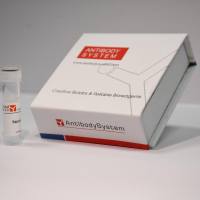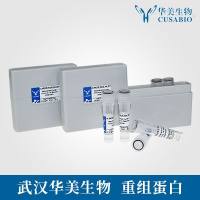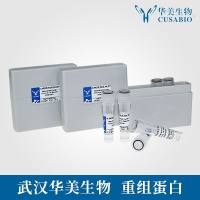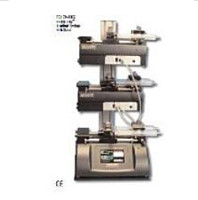Using In Vivo Biopanning for the Development of Radiation-Guided Drug Delivery Systems
互联网
互联网
相关产品推荐

InVivoMAb 抗小鼠 CD274/PD-L1/B7-H1 Antibody (10F.9G2),InVivo体内功能抗体(In Vivo)
¥2700

Recombinant-Synechocystis-sp-Drug-sensory-protein-AdspADrug sensory protein A EC= 2.7.13.3
¥14672

BCL11B/BCL11B蛋白Recombinant Human B-cell lymphoma/leukemia 11B (BCL11B)重组蛋白B-cell CLL/lymphoma 11B (COUP-TF-interacting protein 2) (Radiation-induced tumor suppressor gene 1 protein) (hRit1) (BCL-11B) (CTIP2) (RIT1)蛋白
¥2328

marA/marA蛋白//蛋白/Recombinant Shigella sonnei Transcriptional activator of defense systems (marA)重组蛋白
¥69

Mixture/Dose Delivery System
¥90000
相关问答
推荐阅读
In Vivo Biopanning: A Methodological Approach to Identifying Novel Targeting Ligands for Delivery of Biological Agents to the Vasculature
Formulation/Preparation of Functionalized Nanoparticles for In Vivo Targeted Drug Delivery
Sustained-Release Ocular Drug Delivery Systems: Bench to Bedside Development

